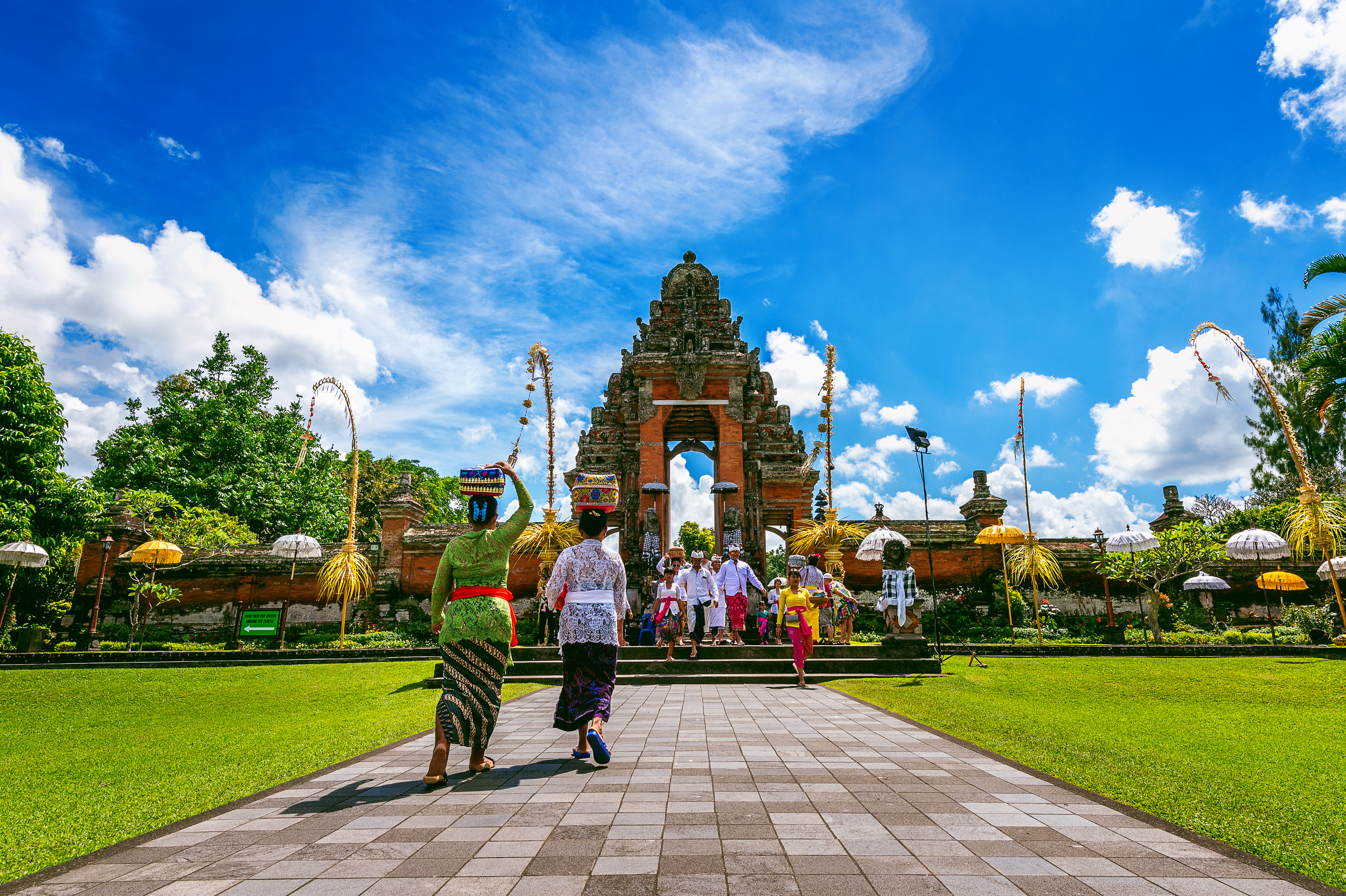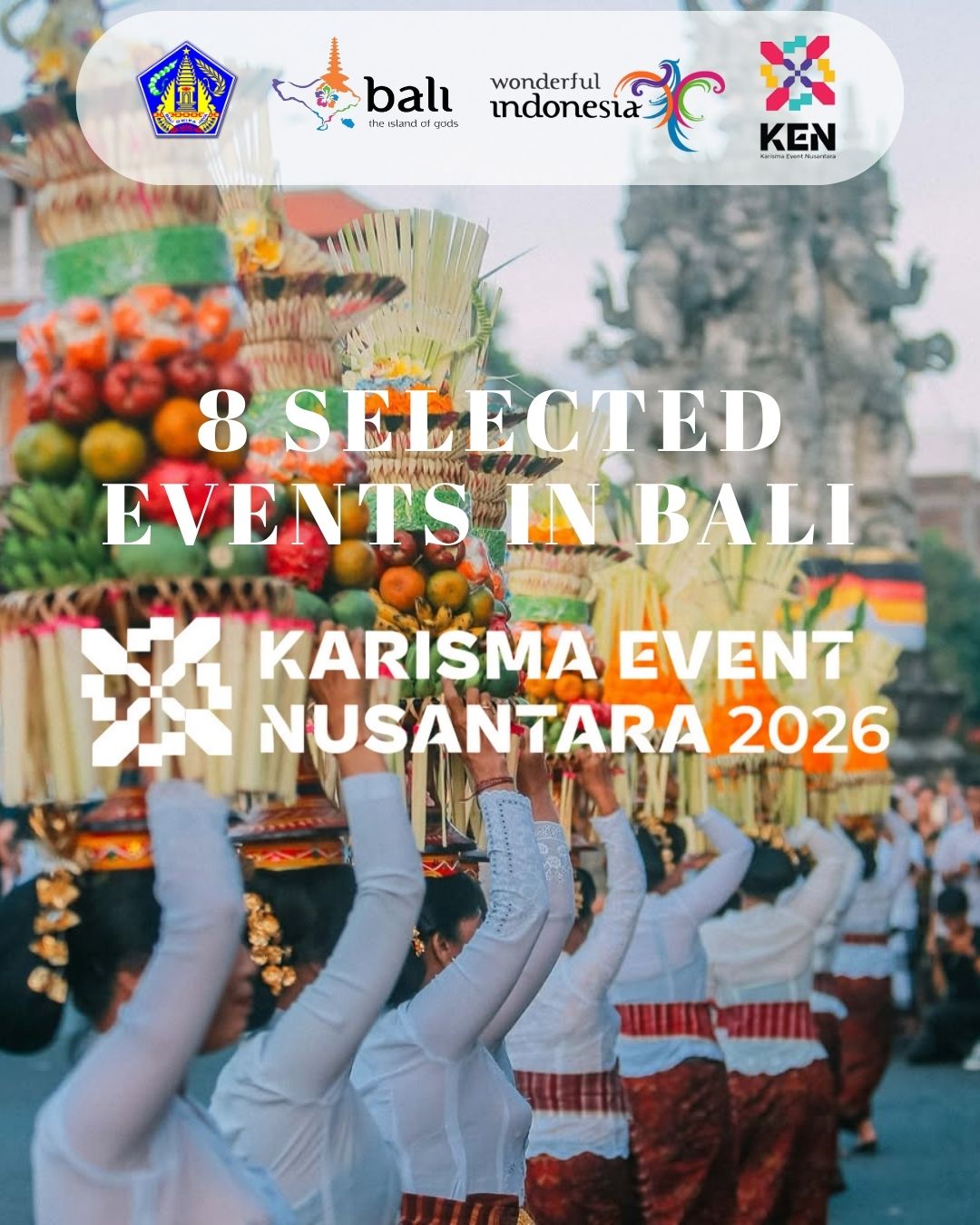The Spiritual Meaning and Life Philosophy Behind the Kuningan Day Celebration in Balinese Hindu Tradition"
- Update : 04 Oct 2024 18:10

Kuningan Day, also known as Tumpek Kuningan, is one of the important celebrations for Hindus in Bali. Kuningan is celebrated every 210 days, specifically 10 days after Galungan Day, which marks the victory of Dharma (righteousness) over Adharma (unrighteousness). This celebration holds deep meaning, filled with life philosophy, and serves as an important moment for spiritual reflection and an expression of gratitude to Sang Hyang Widhi Wasa, God in the form of Sang Hyang Parama Wisesa. The word “Kuningan” comes from the term meaning “spiritual attainment through introspection,” symbolizing efforts to avoid misfortune and achieve inner peace. The Balinese believe that Kuningan Day is when their ancestors return to heaven after visiting the earth during the Galungan celebration.
The significance of Kuningan extends beyond the spiritual; it touches on various aspects of life. One of the most fundamental symbols is the victory of truth over falsehood. In daily life, it serves as a reminder for Hindus to uphold values of goodness, honesty, and virtue. Additionally, this celebration is a moment to express gratitude for all the blessings bestowed by God. During the Kuningan procession, Hindus offer offerings known as ‘banten,’ which typically include yellow food (ajengan kuning), symbolizing prosperity and blessings. This symbolizes thankfulness for the gift of life and serves as a prayer for continued blessings in the future.
Kuningan is also an opportunity for self-purification, both physically and spiritually. Through the rituals, Hindus pray to God for forgiveness of their trespasses and sins, seeking guidance for living a righteous life. Furthermore, Kuningan emphasizes the importance of maintaining harmony in life—with others, nature, and God. This principle is reflected in the concept of Tri Hita Karana, which underlines that a harmonious and balanced life can be achieved when humans maintain their relationships with God, nature, and fellow human beings.
The Kuningan procession is carried out with great reverence, beginning in the morning. Hindus prepare offerings, perform prayers, and pray to the gods and their ancestors, who come to receive the offerings. Notably, Kuningan is only observed until 12:00 p.m. According to their beliefs, the gods and ancestors stay only for half a day during the Kuningan ceremony, after which they return to heaven or their origins. For this reason, the processions must be completed by noon, symbolizing the conclusion of the spiritual rituals. The timing also reflects the principle of a balanced life. The morning until midday is considered a time full of positive energy, and Hindus believe that prayers during this period yield the best results. After midday, the energy is thought to wane, which is why the main ceremonies are concluded by then. Although Kuningan does not last the entire day, it remains rich in spiritual values.



